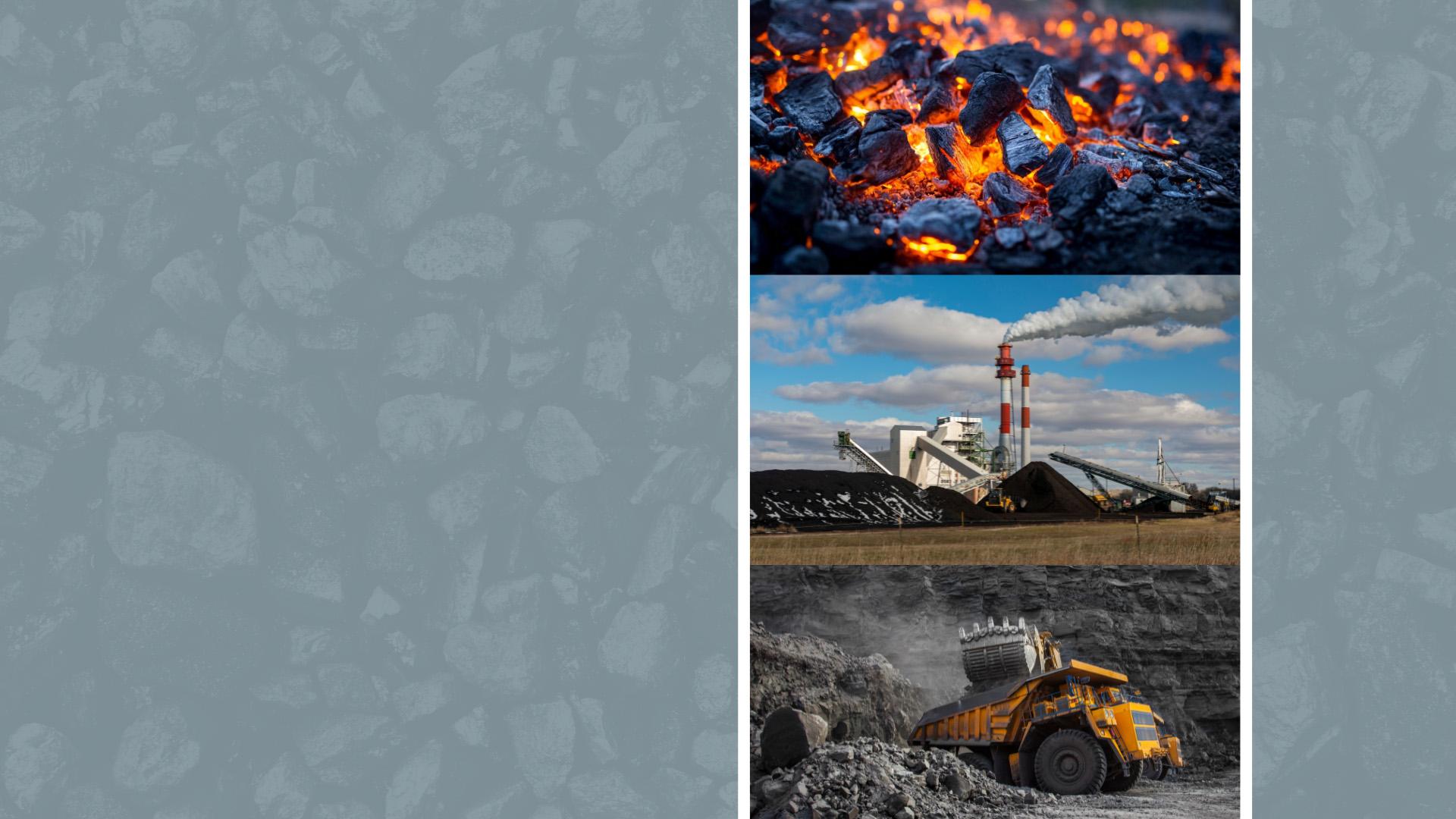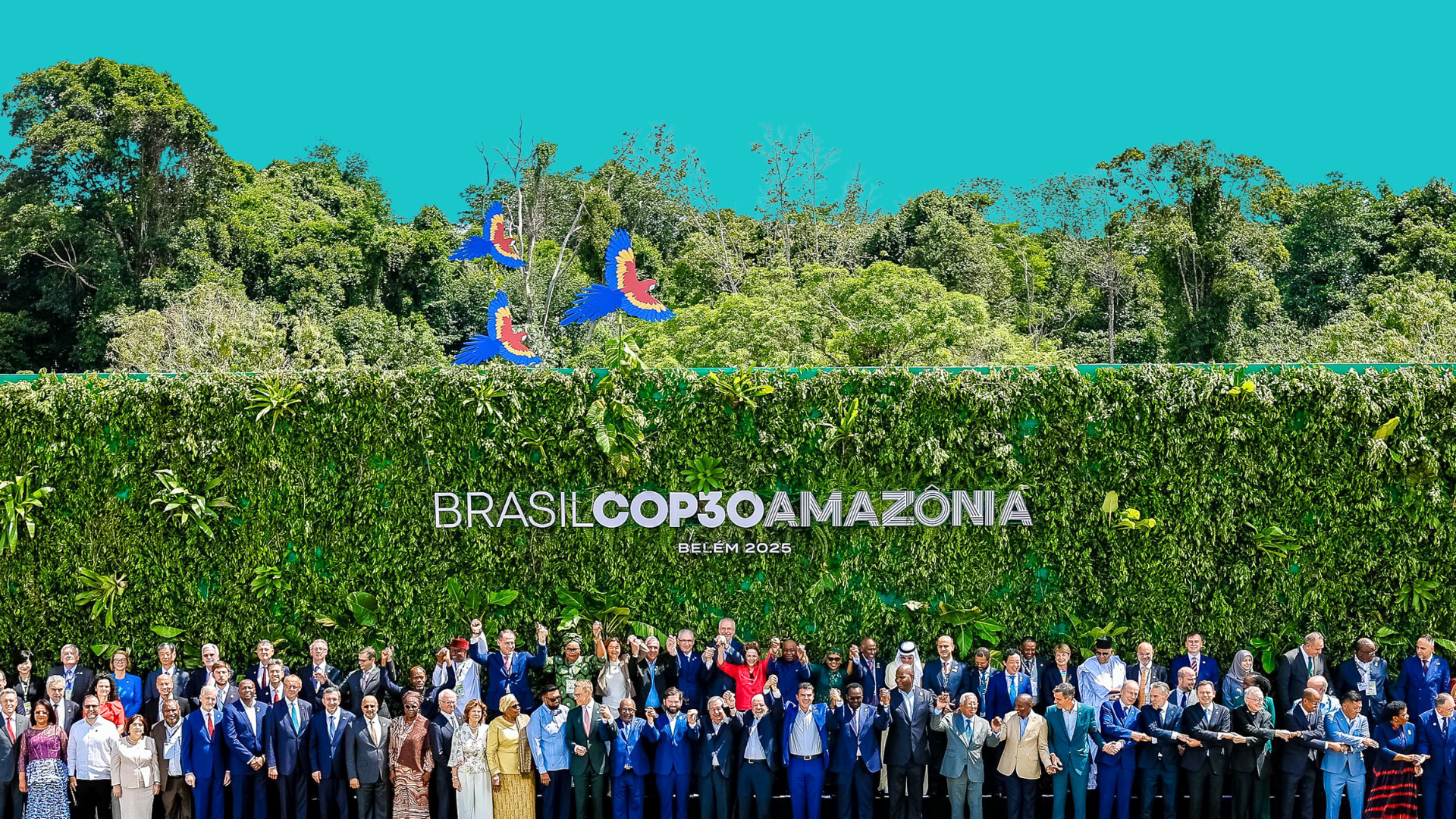Here’s a breakdown of the scope of this problem:
- Phrases like “net zero” and “carbon neutral” are not meaningful to consumers, and these words are inherently prone to greenwashing.
- Companies use offset plans or carbon removal technologies that don’t yet exist to claim to be net zero without actually reducing emissions. Valid net zero strategies require emissions reductions now, not just future reductions or offsets.
- Goals and targets that are decades away, like promising to reach zero emissions by 2050, allow today’s polluters to avoid responsibility while emissions continue to grow. Net zero generally requires peaking emissions by 2030, and plans must also have short-term targets in order to be credible.
- Marketing professionals who might not be trained in identifying greenwashing unknowingly perpetuate these claims through advertising campaigns and repeatedly sharing misleading messages.
- Consumers ignore these confusing or meaningless claims and make decisions without considering them or the true climate impacts of their choices.
Marketers and communication professionals can make changes that address this growing problem by providing truthful and accessible messages about companies and their products, focusing on what we need now – emissions cuts without offsets. Companies that take real steps to stop or slow climate change and only then communicate those actions honestly will keep their customers’ trust and their business.
Here’s how marketers can tell a more complete and honest story:
- Start with your own work: Our Marketing Job Function Action Guide has a checklist for changing your job into a climate job, and the Drawdown Aligned Business Framework has guidance for changing your business. Take the Clean Creatives pledge and uphold it. Educate yourself on the greenwashing tactics used by some companies.
- Help your clients understand that complex, flawed offsetting schemes for claiming zero emissions are not cutting it. Carbon neutrality claims based on offsets have now been widely debunked, and you can expect alternative corporate climate claims that rely on anything but reducing emissions to receive the same scrutiny.
- Focus on the now. Net zero plans should be backed by immediate actions and goals measured in months and years, not decades. Promote plans that have immediate action, not just long-term targets. Be particularly wary of net zero claims that include words like “ambition,” “vision,” and “goal,” as these terms suggest action but often lack firm commitments.
- Telling a true story about an imperfect company or product is better than twisting numbers and words to mislead consumers. Some well-known consumer brands that are committed to transparency are Patagonia and Seventh Generation.
- Emphasize what the client is doing to address their emissions now. Never imply that receiving a particular certification means they don’t have an environmental impact.
- Use plain language to share real, emissions-reducing actions with your audience. If you want to motivate people toward positive change, you must talk like a human.
Marketers who commit to telling true and compelling stories are needed now more than ever. Their strategies and campaigns can shift human culture toward actions that make the planet a better place to live. Today’s creative minds in marketing have a unique opportunity to build a legacy of inspired work that drives positive change for generations to come.
Amanda D. Smith, Ph.D., is a senior scientist at Project Drawdown with expertise in building science and distributed energy systems.
Hannah Jurist-Schoen is the creative lead at Project Drawdown and an expert on purpose-driven creative strategy and design.
Duncan Meisel is the executive director of Clean Creatives, a project for PR and ad professionals who believe that fossil fuel clients represent a threat to our shared future.
This work was published under a Creative Commons CC BY-NC-ND 4.0 license. You are welcome to republish it following the license terms.














